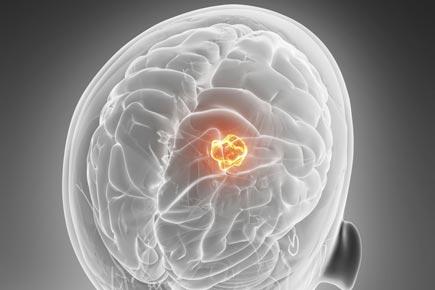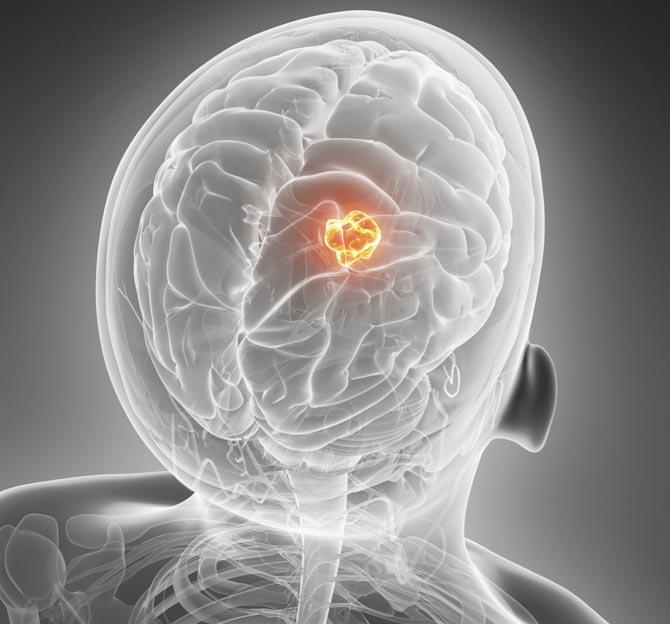Survivors of childhood brain tumours and any survivor who received cancer treatments that were especially toxic to the nervous system are less likely to have had intercourse, be in a relationship, or have children, new research has found


Pics for representational purposes
ADVERTISEMENT
New York: Survivors of childhood brain tumours and any survivor who received cancer treatments that were especially toxic to the nervous system are less likely to have had intercourse, be in a relationship, or have children, new research has found.
The findings, published online in the journal CANCER, showed that some groups of childhood cancer survivors, are likely to achieve fewer psychosexual milestones.
"Psychosexual development entails reaching certain milestones, such as sexual debut, entering committed relationships, or having children," explained one of the researchers Vicky Lehmann from Ohio State University in the US.
Cancer treatment during childhood can be detrimental to the developing brain and cause lasting neurocognitive impairments that can contribute to difficulties in social interactions.

Therefore, due to their prior treatments, childhood cancer survivors may also face difficulties when trying to initiate sexual and romantic relationships in adulthood.
To investigate, the researchers asked 144 young adult survivors of childhood cancer and 144 matched controls to complete questionnaires about psychosexual development, sexual satisfaction and satisfaction with their relationship status.
 Subscribe today by clicking the link and stay updated with the latest news!" Click here!
Subscribe today by clicking the link and stay updated with the latest news!" Click here!






